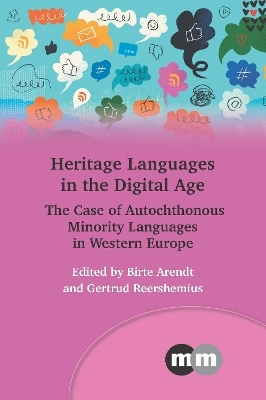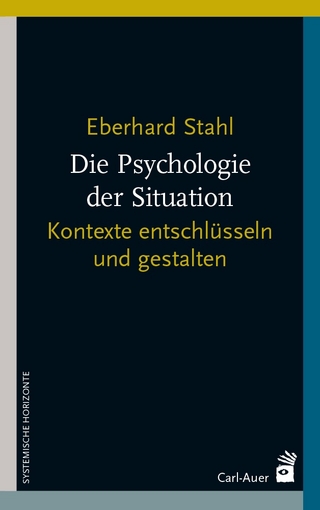
Heritage Languages in the Digital Age
Multilingual Matters (Verlag)
978-1-80041-422-8 (ISBN)
Against the backdrop of social media and internet use and their impact on communication, those working with minority (or autochthonous) heritage languages, including teachers, language activists and planners and researchers, are reassessing the media, language policy and teaching practices which they had previously applied to stem the tide of language shift towards majority languages. The languages examined in this book are still spoken by a considerable number of speakers and enjoy varying and varied forms of institutional, legal, financial and ideological support. While their overall numbers of speakers are declining, their importance for identity construction and commodification processes continues to increase. This book addresses issues including the potential for a shift from a focus on oral to written practices; the rise of new communities of practice and communicative domains; and the need for resulting shifts in language policy and teaching methods.
Birte Arendt is a Lecturer at the Institute for German Philology and Director of the Competence Centre for the Teaching of Low German at the University of Greifswald, Germany. Her research interests include regional language teaching, digital language pedagogy, language acquisition in peer interactions and language attitudes. She is currently leading the project Interuniversity Teaching Network: Low German Teaching. Gertrud Reershemius is Professor of Linguistics and Language Contact at Aston University, UK. Her research focuses on pragmatics, language contact and multilingualism with a focus on speakers of smaller or lesser used languages such as Yiddish and Low German. She is particularly interested in mediatisation processes and the study of semiotic landscapes, and she has published widely on these topics.
Contributors
Gertrud Reershemius and Birte Arendt: Introduction: Can Digital Media Help to Prevent Language Shift?
Part 1: Shifting Ideologies
Chapter 1. Helen Kelly Holmes: Language Ideologies, Digital Technology and Emerging Hierarchies of Knowledge
Chapter 2. Marco Tamburelli: Myth Busters: Online Platforms and Emerging Ideological Shift among Lombard Speakers
Chapter 3. Laura Zieseler: Focus on Faroese: Digital Insights into the Smallest North-Germanic Language Community
Chapter 4. Merryn Davies Deacon: Breton in the Online Context: A New Speaker Community?
Part 2: Digital Tools and Practices
Chapter 5. Rhian Hodges and Cynog Prys: Language, Education and Community in a Digital Age: A Welsh Digital Resources Case Study
Chapter 6. Birte Arendt and Ulrike Stern: Teaching a Regional Language in Online Courses: A Learner-Oriented Perspective on Agency, Practices and Evaluation
Part 3: Multilingual Practices on Social Media
Chapter 7. Hauke Heyen: North Frisian in Social Media: Looking for Computer-Mediated Communication in a Very Small Language
Chapter 8. Lysbeth Jongbloed-Faber: Unravelling Language Choice Online: Frisian Bilingual Teenagers on WhatsApp, Snapchat and Instagram
Chapter 9. Gertrud Reershemius: ‘Moin mitnanner’: Digital Practices and Low German on Instagram
Yaron Matras: Epilogue: Agency, Ideologies and the Continuum of Language Practices – Towards an Integrated Theory
Index
| Erscheinungsdatum | 23.02.2024 |
|---|---|
| Reihe/Serie | Multilingual Matters |
| Sprache | englisch |
| Maße | 156 x 234 mm |
| Gewicht | 510 g |
| Themenwelt | Mathematik / Informatik ► Informatik |
| Sozialwissenschaften ► Kommunikation / Medien ► Kommunikationswissenschaft | |
| ISBN-10 | 1-80041-422-6 / 1800414226 |
| ISBN-13 | 978-1-80041-422-8 / 9781800414228 |
| Zustand | Neuware |
| Informationen gemäß Produktsicherheitsverordnung (GPSR) | |
| Haben Sie eine Frage zum Produkt? |
aus dem Bereich


